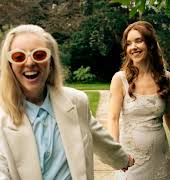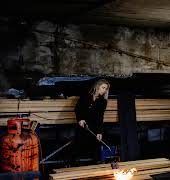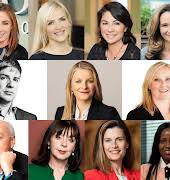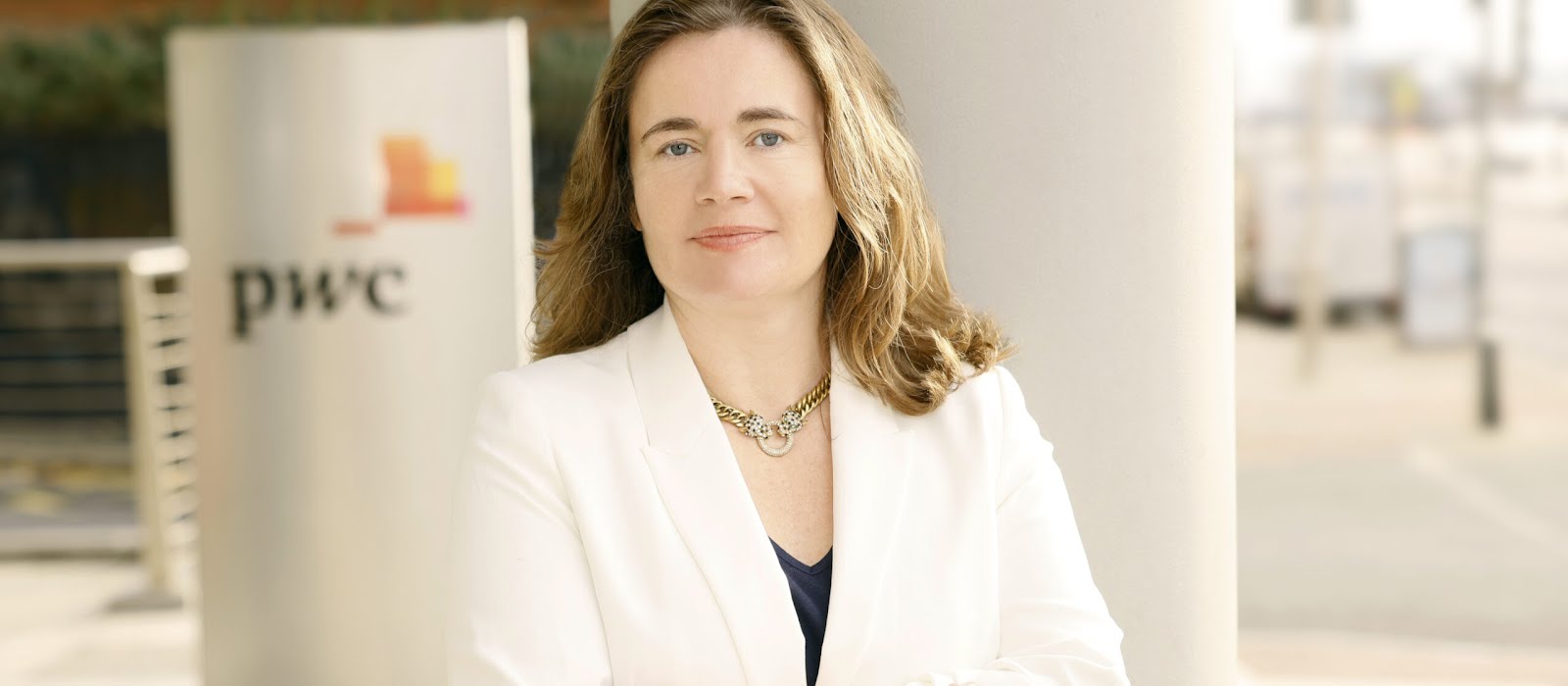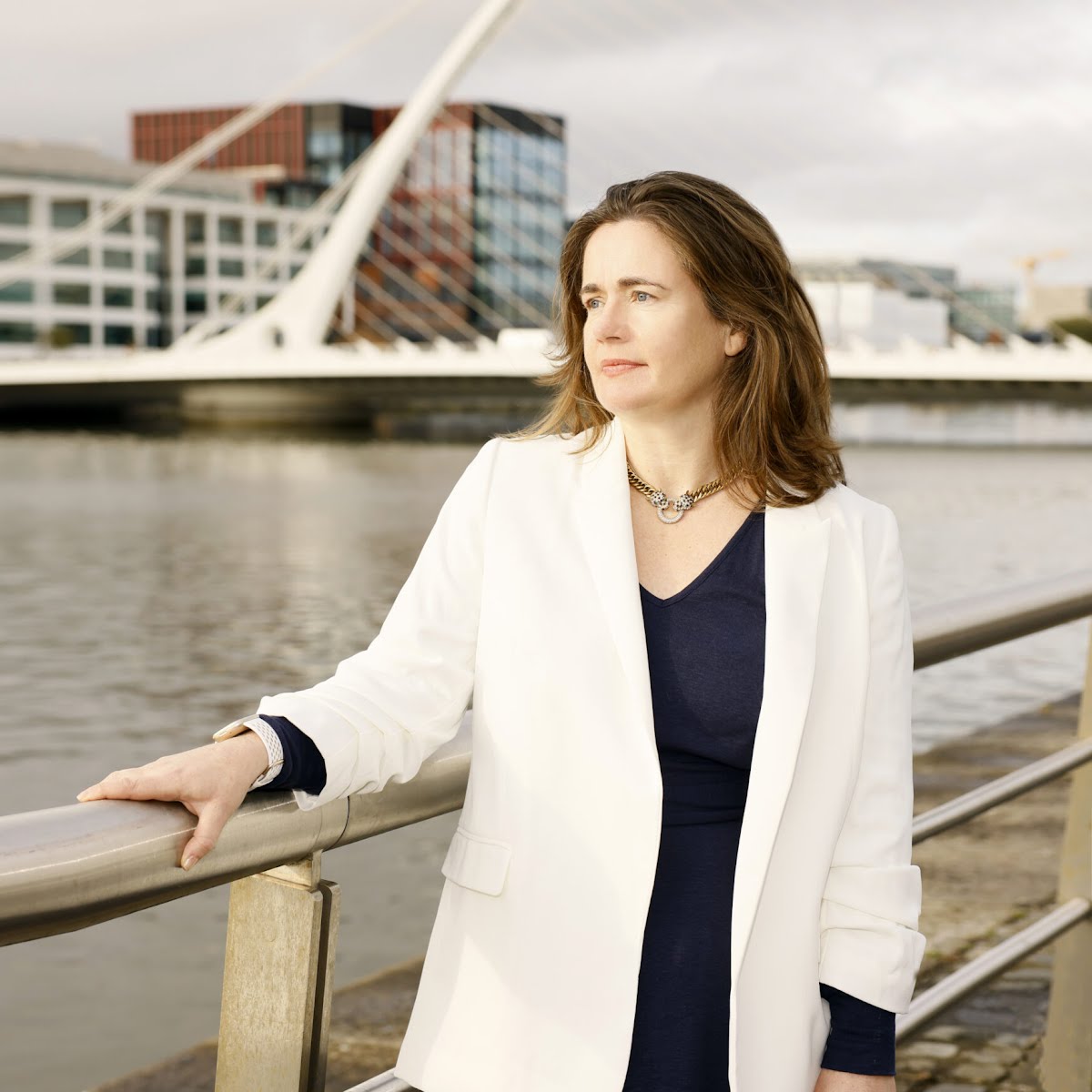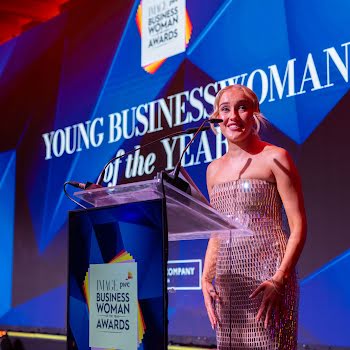
‘Companies who conserve energy will positively impact their bottom line’: an ESG professional on this business essential


Working at the forefront of Ireland’s next wave of renewable energy, Aisling Donnelly, PwC Senior Manager in PwC’s Energy Transition, Capital Projects and Infrastructure Deals Advisory Team, shares the challenges and opportunities involved.
It may have been a self-described “winding path” for Aisling Donnelly to end up working in the energy transition space, with stints in telecoms, finance, and even wine, but having gained experience in project financing for renewable energy in a role with Bank of Ireland, she made the move to PwC knowing that she had found her passion. “I’ve had lots of different roles, and I’ve found many skills to be transferable, but I want to develop and grow within the energy transition space,” she explains.
A main aspect of her role is to give funding and financing advice to investors and developers on a range of energy transition projects including supporting infrastructure, such as the port infrastructure required to build and maintain offshore wind farms. While it’s incredibly exciting and rewarding to be involved in projects of this scale with their potential impact, Aisling explains that “there’s no instant gratification, because from the start of a project, it could be more than ten years before they’re operational.”
Strict planning regulations in Ireland are some of the biggest challenges that teams working on such projects face, but they’re not the only ones. “There are grid capacity issues, and the offshore wind grid hasn’t even been built yet,” Aisling says. “And for offshore wind developers, a big challenge for them is that the only port in the island of Ireland that could currently facilitate the build-out of offshore wind is in Belfast.”
Nonetheless, these projects are critical to the future of Ireland’s renewable energy capabilities, an area where we’re lagging behind other countries.
“Ireland built its first offshore wind farm 20 years ago,” Aisling explains, “and we were way ahead of the curve, but we haven’t built any since. Ireland’s marine territory is more than ten times the size of its land mass, so we have got such potential for offshore wind, particularly along the west coast. There is a lot of engagement throughout the industry to make sure that we get this right, and we develop a fit-for-purpose system for building out our offshore wind sector.”
Working within such a complex and ever-changing field, Aisling says one of the things she enjoys most about her role is how varied it is.
“I could be looking at a financial model, or writing a business paper. I could be meeting with developers or other stakeholders and getting their feedback to inform my analysis. Or I could be meeting with lenders to get a sense of how much they would lend, and what terms and conditions are attached. There are a lot of conferences on, so you hear what’s going on in the industry. Every day is very different, which is brilliant.”
Another exciting aspect is the huge potential impact of the projects she works on. “I can’t wait to see a new offshore wind farm built in Ireland. I think it will be absolutely incredible, and bring so many opportunities to Ireland. The Irish government recently launched an Offshore Wind Skills Action Plan that identifies skills shortages required for the development of offshore wind, and looks at training requirements to bridge the gap. What’s also great is the job opportunities this industry will bring communities across the country, especially coastal communities.”





